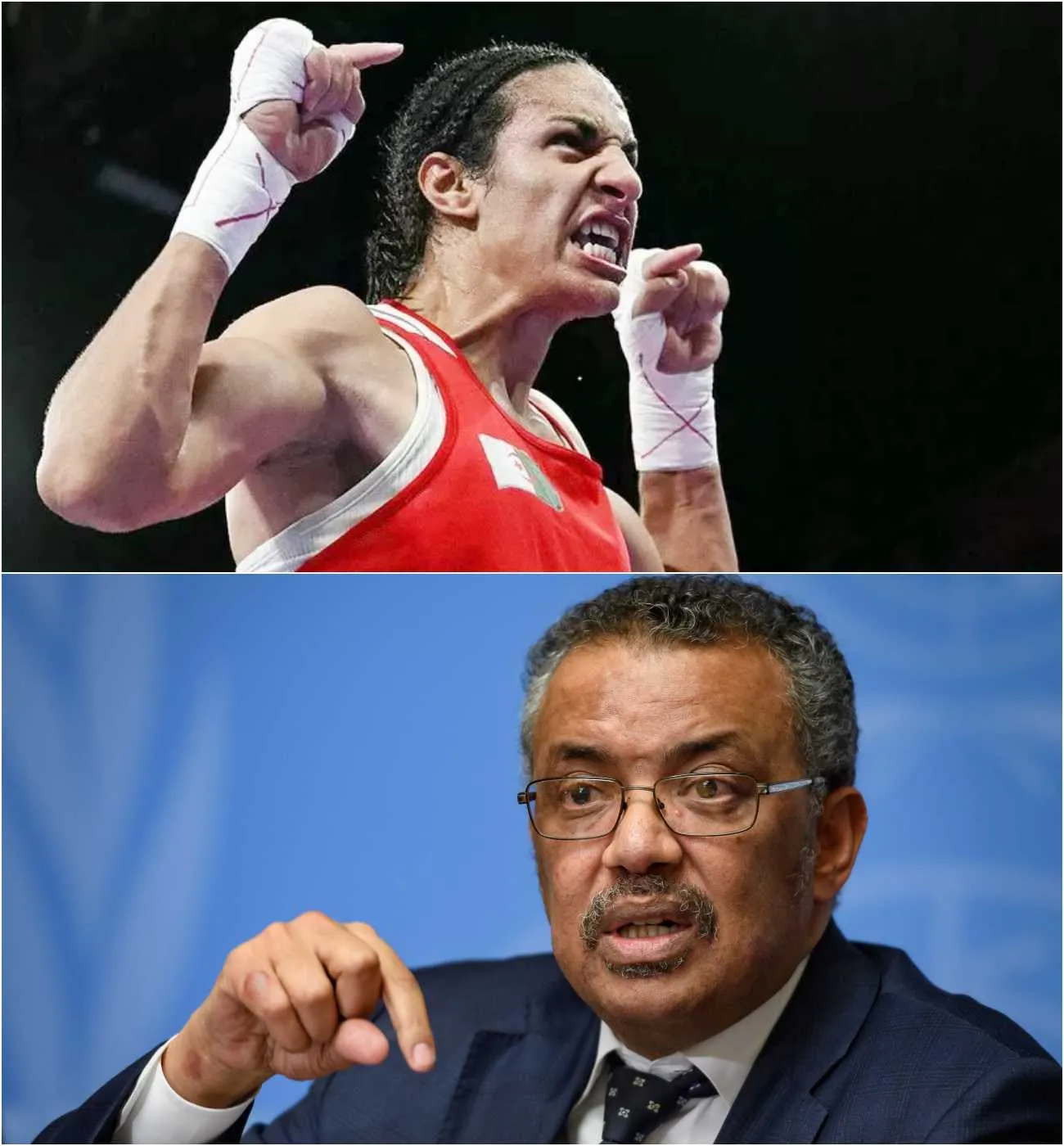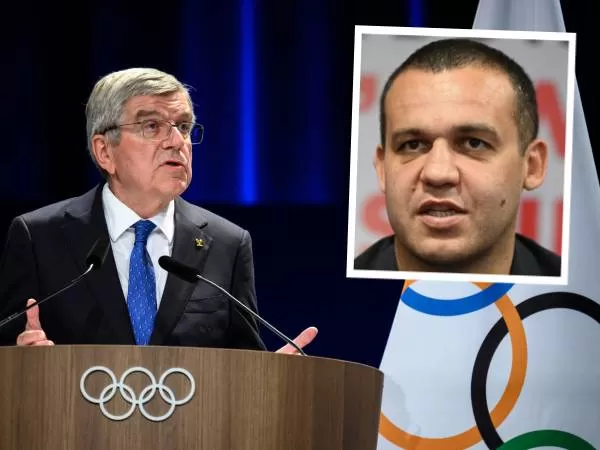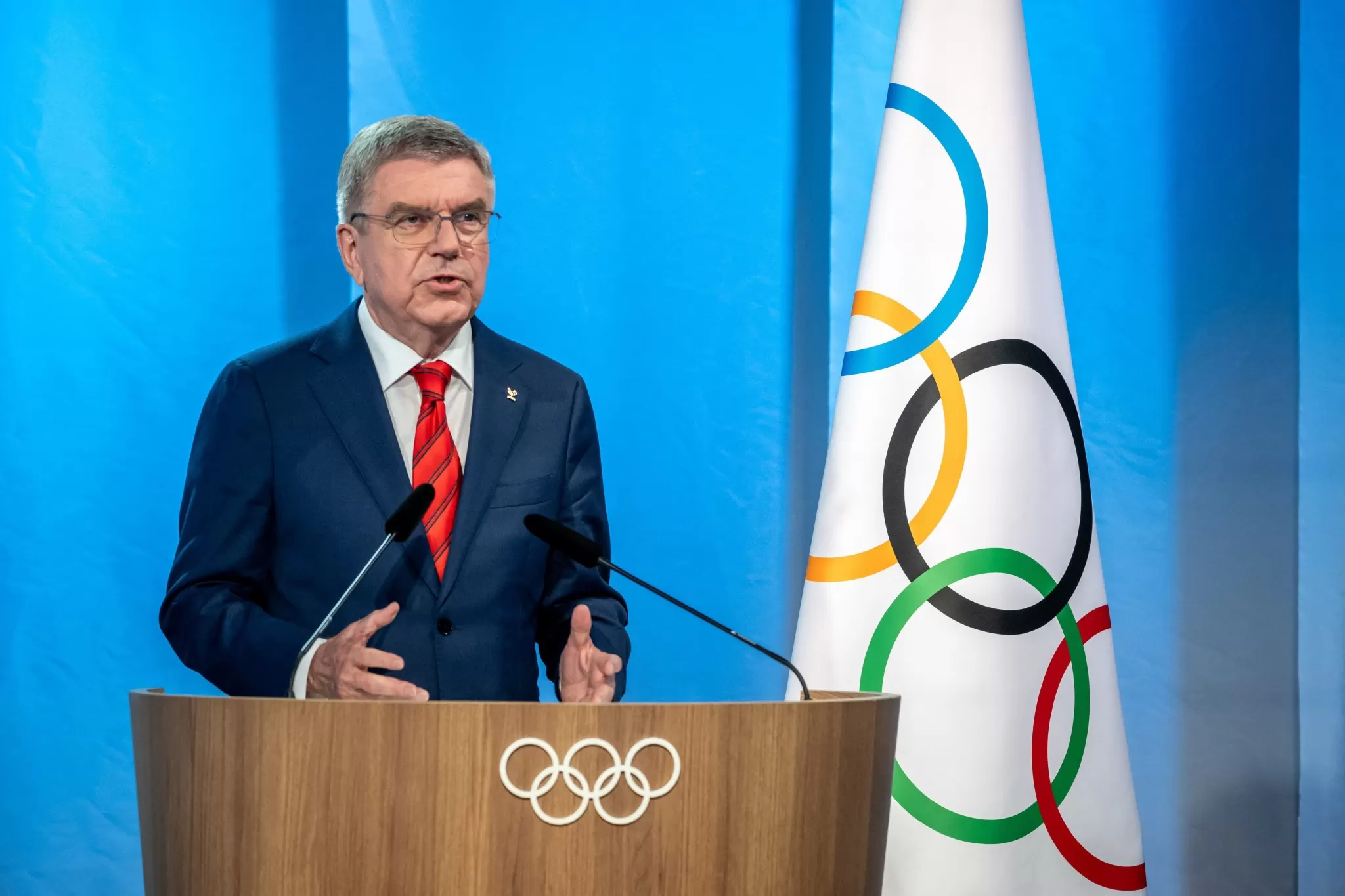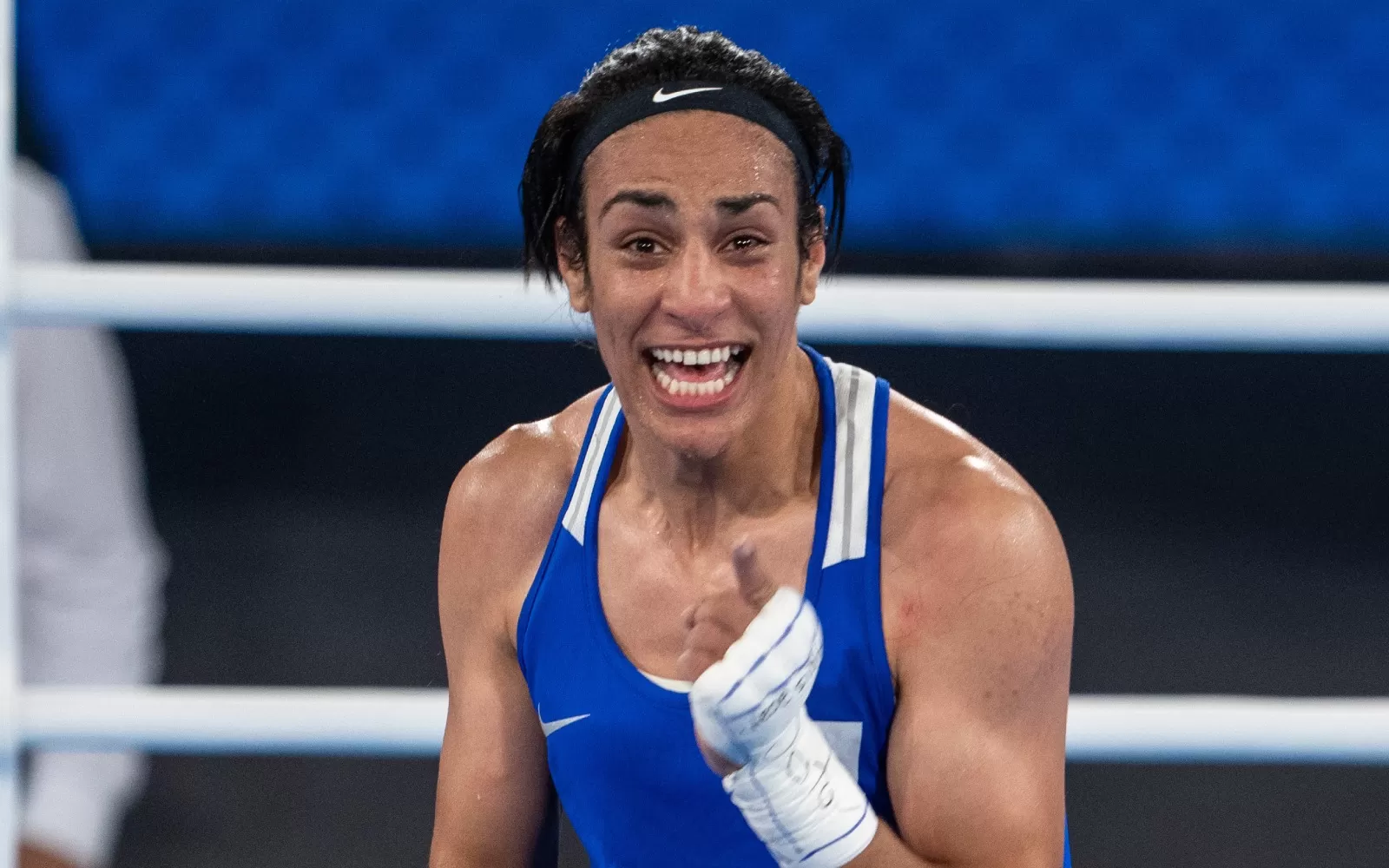
Khelif, who rose to prominence after her historic Olympic victory, has faced intense scrutiny over her eligibility to compete as a female athlete. The WBO’s decision follows an extensive investigation into allegations about her gender, which have sparked heated discussions among fans, athletes and officials.

In a statement, the WBO stressed its commitment to maintaining integrity and fairness in the sport, saying: “We will not tolerate any breach of our guidelines. This decision reflects our commitment to ensuring a level playing field for all athletes.”

The fallout from the decision has been swift, with Khelif’s supporters denouncing the ban as discriminatory and unfair. Many are calling for a re-evaluation of gender policies in sport, arguing that athletes should be judged on their abilities rather than their identities.

As the controversy continues to unfold, the repercussions of the WBO’s decision are likely to reverberate throughout the world of sport. The case has not only impacted Khelif, but has also raised important questions about inclusion, fairness and the future of gender politics in competitive sport. The international sporting community will be closely watching how this situation unfolds and what it means for athletes moving forward.